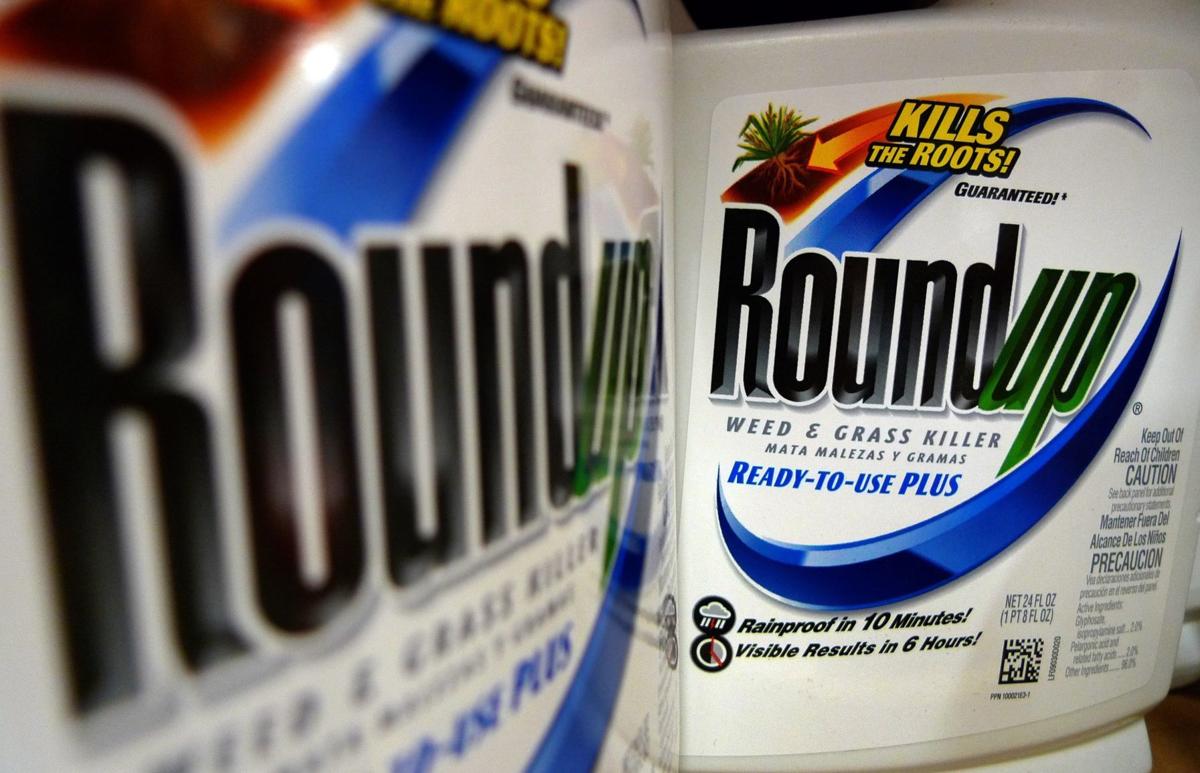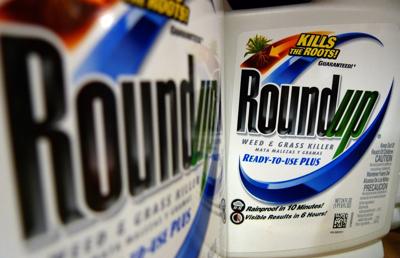JEFFERSON CITY ŌĆö Bayer pleaded with Missouri lawmakers Thursday to pass legislation critics say would shield the company from lawsuits claiming its glyphosate-based herbicide Roundup causes cancer.
Representatives for Bayer argue the legislation would clarify labeling requirements and prevent courts from creating a patchwork of obligations for the manufacturer.
But environmental groups and attorneys for Roundup users who have become ill say the legislation would insulate the company from accountability and prevent sick customers from suing the company. They urged legislators not to protect Bayer over their constituents.
Bayer, which has its U.S. headquarters in Creve Coeur, is the only domestic producer of glyphosate, which is commonly used by farmers to control weeds. In recent years, it has faced thousands of lawsuits from users claiming the product causes non-HodgkinŌĆÖs lymphoma. The company has settled cases or been ordered to pay out billions of dollars associated with the cases.
People are also reading…
Those litigation costs, the company says, are ŌĆ£untenableŌĆØ for a product it argues is safe.
ŌĆ£Continuing to lose billions of dollars on an approved product based on scientifically unsound claims is unsustainable,ŌĆØ Liza Lockwood, medical affairs lead for Bayer, testified Thursday before the Missouri Senate agriculture committee.
Lockwood, along with farm and industry groups, urged senators to pass legislation that would declare the company satisfies its duty to warn customers as long as its pesticides are registered with the U.S. Environmental Protection Agency and carry an approved label consistent with the EPAŌĆÖs opinion on the ingredientsŌĆÖ safety.
While Bayer claims the legislation wouldnŌĆÖt preclude users from suing, attorneys for plaintiffs say that the Roundup lawsuits are predominantly ŌĆ£failure to warnŌĆØ cases, which accuse the company of not telling customers of the possible risks associated with the product.
The legislation, they say, would insulate Bayer from those cases.
Matt Clement, an attorney based in Jefferson City, told the Senate committee Thursday that the legislation would ensure Bayer doesnŌĆÖt have to warn customers or be held accountable by anyone harmed by it.
ŌĆ£Respectfully, what theyŌĆÖre asking you to do is give them immunity,ŌĆØ Clement said.
Farm groups backed BayerŌĆÖs request in the committee hearing, saying Roundup is critical to agriculture and losing the product would be devastating for Missouri farmers.
The legislation received a mixed response from lawmakers on the committee. The billŌĆÖs sponsor, Republican state Sen. Justin Brown of Rolla, said ŌĆ£a company should not be required to warn consumers of something that no regulatory body around the globe has found to be true.ŌĆØ
But the bill drew pointed questions from state Sen. Barbara Washington, a Democrat from Kansas City.
ŌĆ£Are all the courts and the farmers and the people that have died and have the sicknesses ŌĆö is that not from Roundup or is that just something they made up?ŌĆØ Washington asked Lockwood.
Lockwood said the science indicates glyphosate is safe for humans.
Washington replied: ŌĆ£So the money that you all have paid out, you just paid it out of the goodness of your heart?ŌĆØ
Bayer and supporters of the legislation are at odds with environmental groups and plaintiffsŌĆÖ attorneys over the true risk associated with glyphosate.
The Environmental Protection Agency determined the product is ŌĆ£unlikely to be a human carcinogen,ŌĆØ but later withdrew that finding and restarted its review.
is part of States Newsroom, a network of news bureaus supported by grants and a coalition of donors as a 501(c)(3) public charity. Missouri Independent maintains editorial independence. Contact Editor Jason Hancock for questions: info@missouriindependent.com. Follow Missouri Independent on and .
BAYER'S BARGAIN: Two years after Bayer paid $62 billion to buy Monsanto, it looks like the German company overpaid. David Nicklaus and Jim Gallagher say the German company apparently didn't realize that U.S. juries would side with farm workers in suits over Roundup herbicide, which Bayer recently agreed to pay $11 billion to settle.
















